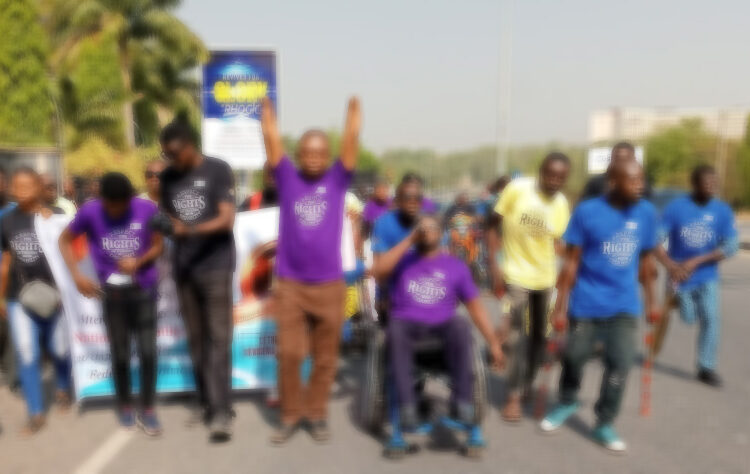A renowned disability rights advocate, Ajoke Alonge, has called on the Nigerian government to take more decisive action in addressing the needs of persons living with disabilities in the country.
Citing United Nations statistics, Alonge said about 15 per cent of the world’s population lives with some form of disability, with the prevalence higher in developing countries due to poorer health outcomes, low employment and widespread poverty.
She identified the daily challenges faced by people with disabilities in Nigeria as the absence of support facilities and inclusive policies.
In an interview with journalists, she urged the government to review its policies, practices and systems to promote the inclusion and well-being of persons with disabilities through effective social work practices.
According to her, the inadequate disability support services, weak advocacy networks, and poor enforcement of disability rights have continued to fuel inequality and discrimination in Nigeria.
Alonge’s recent research found that despite Nigeria’s ratification of the United Nations Convention on the Rights of Persons with Disabilities (CRPD) and the passage of the Discrimination Against Persons with Disabilities (Prohibition) Act, 2018, persons with disabilities still face systemic barriers to inclusion.
She noted that while the 2018 law represented a step forward, its implementation remains inconsistent, leaving millions of Nigerians with disabilities marginalised and excluded from education, healthcare, and employment opportunities.
Alonge also identified societal attitudes and cultural practices as major factors that reinforce exclusion. She lamented that inaccessible healthcare facilities, transportation, and public spaces continue to hinder daily functioning and limit access to services.
Using the Americans with Disabilities Act (ADA) in the United States as a reference point, she argued that Nigeria can improve disability inclusion by investing in accessibility, policy enforcement, and social infrastructure.




